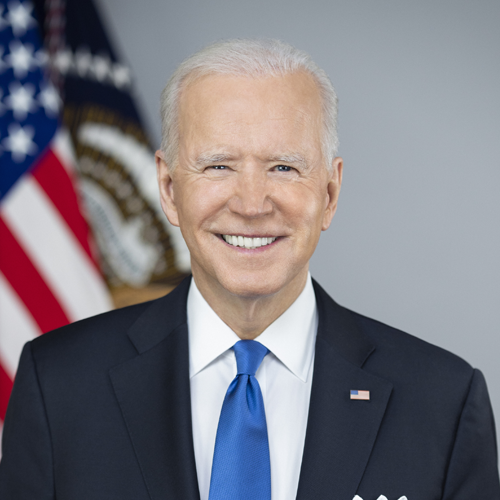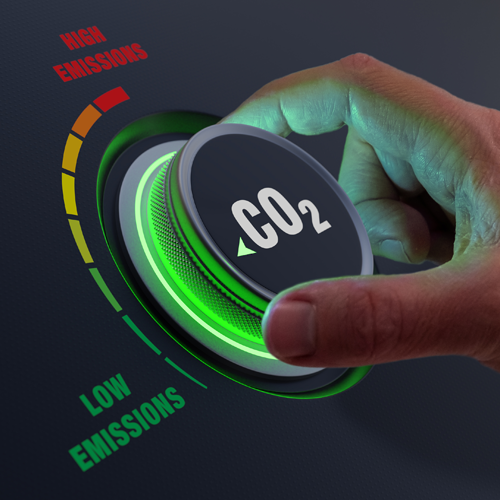Biden's environmental policies

United States President Joe Biden and his administration will address the issue of climate change in ways no American president has before—largely because the crisis demands it. Biden’s climate change policies have been outlined in a “Clean Energy Revolution” plan that takes aim at the urgent problem of our time over both the short and long term, and on a domestic and international scale.
Many of the steps Biden is taking are direct reversals of former President Trump’s climate-related actions, which included withdrawing from the Paris Agreement, facilitating the expansion of offshore drilling, and approving environmentally harmful but economically debated projects such as the Keystone XL and Dakota Access pipelines.
Biden’s initial steps to combat climate change
Biden began his first days in the White House by taking steps to reduce greenhouse gas emissions, signing an executive order to revoke the permit for the Keystone XL oil pipeline, and curbing fossil fuel development in the Arctic National Wildlife Refuge, an essential protectionary space for birds and caribou in particular. Making good on a campaign promise, Biden also rejoined the Paris Climate Agreement within hours of being sworn into office. This move was well received by key leaders and international allies, a reaction that underscored the principles of the agreement itself—namely, the idea that the climate crisis can only be tackled effectively with sustained international collaboration and solidarity. Biden will amplify this commitment by spearheading a diplomatic push to raise other member countries’ climate targets. Pledging to set standards for other major-emitting nations, he has convened leaders for a world climate summit on Earth Day, April 22, 2021.
Biden’s climate policy approach
Biden’s climate policy also recognizes that the crisis is an essential consideration in matters of foreign policy, national security and trade, and takes what the White House is calling a “whole-of-government approach.” Indeed, in an executive order signed January 27, 2021, Biden established the National Climate Task Force, bringing together leaders from 21 governmental agencies and departments to pool resources and knowledge. Additionally, the introduction of the Office of Domestic Climate Policy has given the US its first-ever National Climate and Deputy National Climate Advisors. Practically speaking, this means the White House now has a centralized body tasked with overseeing and carrying out the president’s climate agenda on the domestic level.
Rollback of Trump-era climate policies
In addition to introducing these new authorities and authoritative bodies, Biden has indicated that many environmental regulations on businesses and individuals, some of which were haphazardly enforced, are to be reinstated. Under the Trump administration, environmental reviews for large-scale, high-impact projects were often overlooked or performed too swiftly. Biden has taken steps to reverse a Trump-era action that mandated all environmental reviews of large-scale projects be executed within just two years. Biden has also made clear that high-polluting entities, including fossil fuel companies themselves, will be doggedly researched, pursued and held accountable.
The economics of Biden’s climate agenda
Opposition to policy that prioritizes mitigating the effects of climate change is often rooted in concerns about the impacts it can have on the economy and, specifically, on employment and job creation. Biden’s climate change approach aims to dispel these notions by interweaving sustainability with his Build Back Better jobs and economic recovery plan. His clean energy jobs plan is a key cornerstone of this plan and a recent executive order pushed federal agencies to “procure carbon-pollution-free electricity and clean, zero-emission vehicles to create good-paying union jobs and stimulate clean energy industries,” as indicated in a White House statement.
Biden’s administration has also begun making progress on other climate commitments first made during the presidential campaign: notably, working to procure emissions reduction pledges from the aviation and shipping industries; ratifying an amendment to the Montreal Protocol to halt hydrofluorocarbons; and developing infrastructure plans (to the tune of $2 trillion) that thoroughly consider changing environmental conditions.







